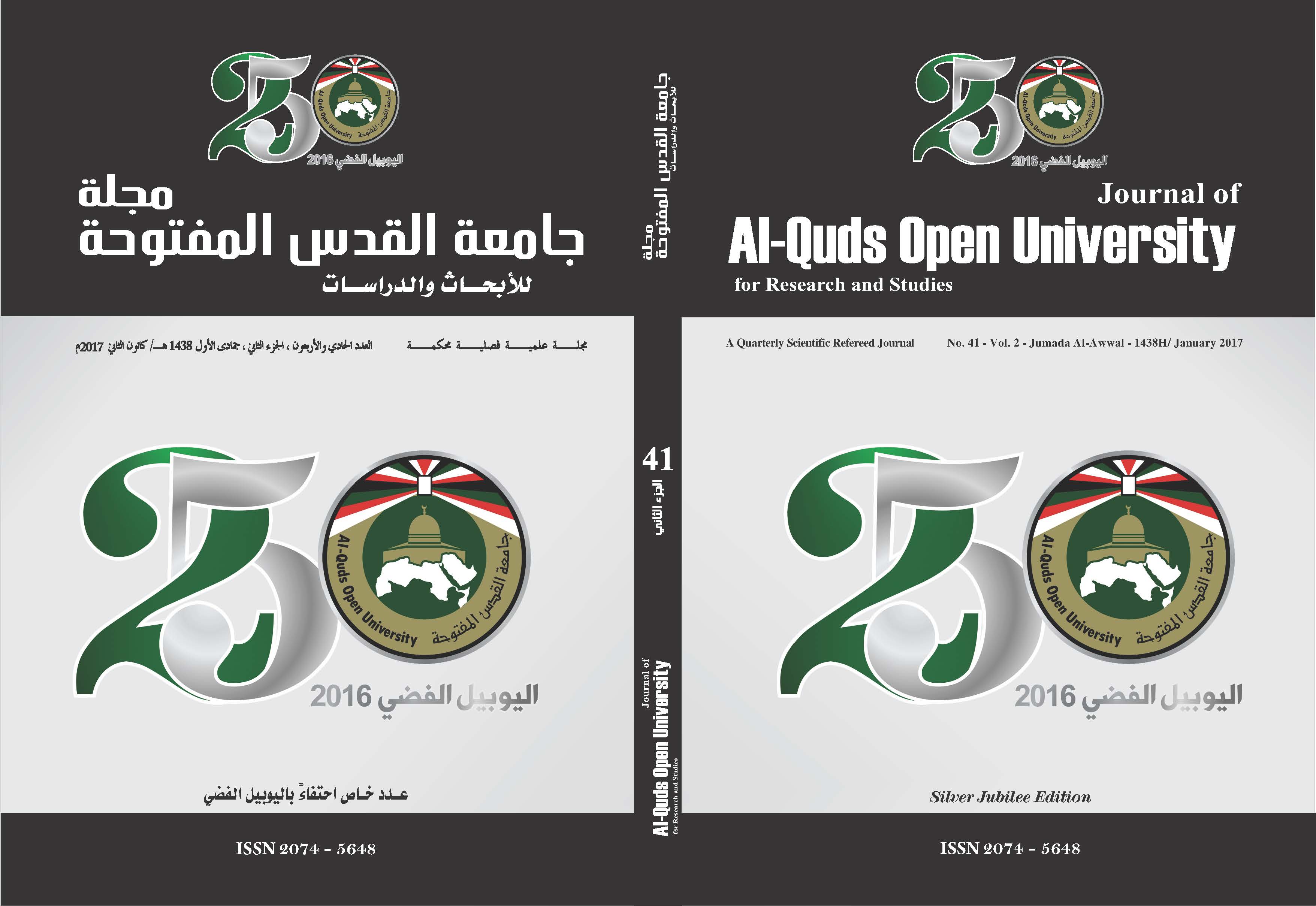Jericho in the Frankish Period
Keywords:
Jericho, Frankish Period, city of the moon, religious tourism, medical tourism, Franks ruling, Franks warsAbstract
Jericho is considered one of the sites that had not been covered in research in the Frankish period in both east and west; despite its important location in Palestine as the gateway to the east of Jordan, and the fact that it is the one of the most ancient cities in the world; that is why the researcher decided to unravel Jericho and its location during the period of the Frankish. The researcher addressed the importance of Jericho’s location, and then he referred to the Frankish seige on the area in 1099 AD/ 492 AH, also he talked about giving Jericho to Emma, who is the niece of the patriarch Arnulf Malchorn, as her dowry, when she got married to the minster of barony of Sidon, and the feudal prince of Caesarea. The city remained under the Frankish control, until it was taken back by the Ayoubi troops after Hitten battle in 583 AH/ 1187 AD. The researcher also mentioned some of the most important crops in the cityand he described the industries that relied mostly on agricultural production, as well as the industries that rely on the Dead Sea such as minerals and salts, along with the commercial location at that times. Later, he talked about the social life, religious and medical tourism in Jericho.
Downloads
Published
How to Cite
Issue
Section
License
- The editorial board confirms its commitment to the intellectual property rights
- Researchers also have to commit to the intellectual property rights.
- The research copyrights and publication are owned by the Journal once the researcher is notified about the approval of the paper. The scientific materials published or approved for publishing in the Journal should not be republished unless a written acknowledgment is obtained by the Deanship of Scientific Research.
- Research papers should not be published or republished unless a written acknowledgement is obtained from the Deanship of Scientific Research.
- The researcher has the right to accredit the research to himself, and to place his name on all the copies, editions and volumes published.
- The author has the right to request the accreditation of the published papers to himself.













_2.png)
_.png)
_2.png)
_1.png)
_.png)

